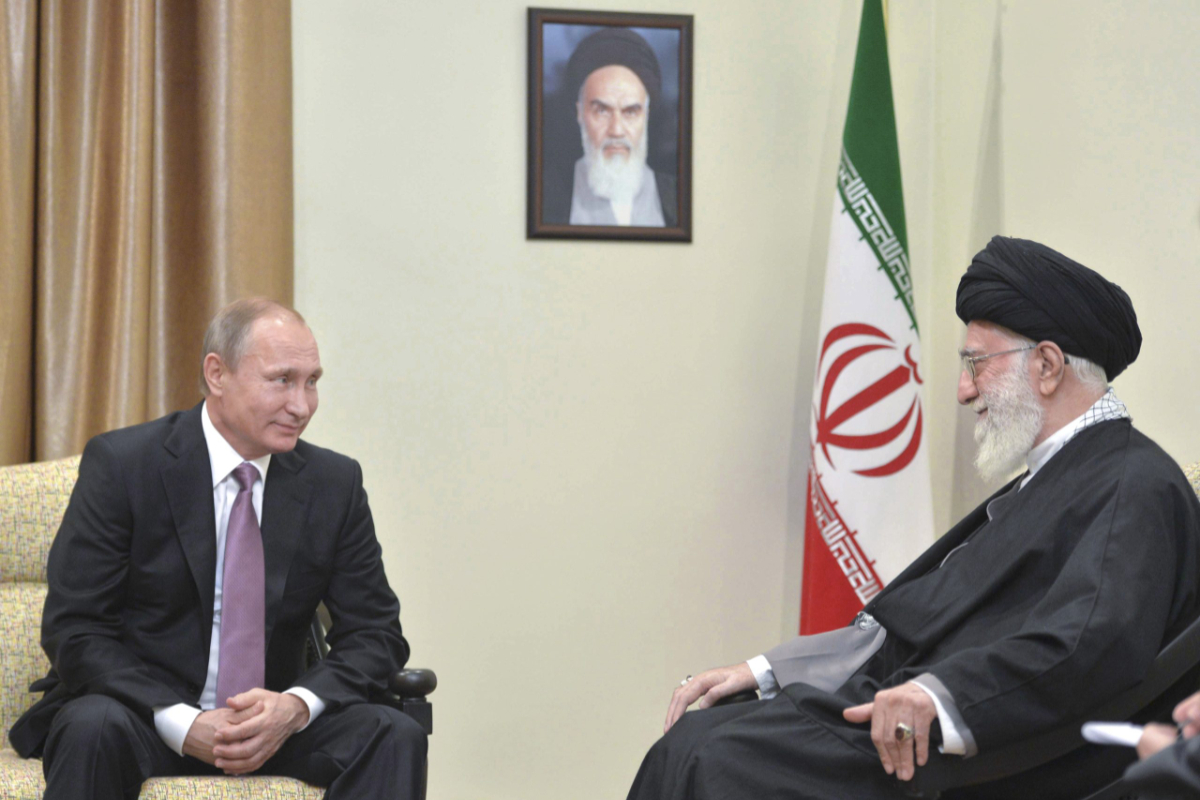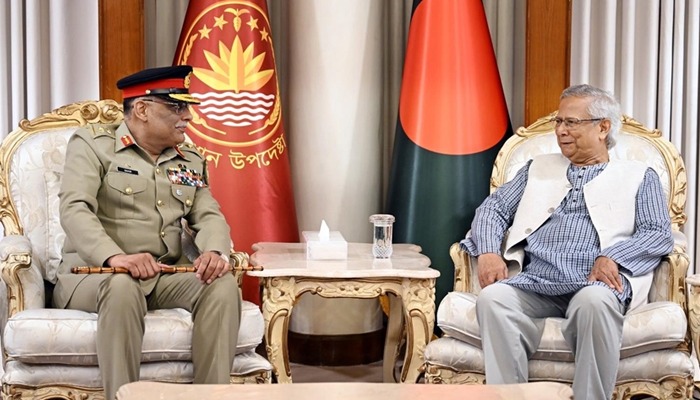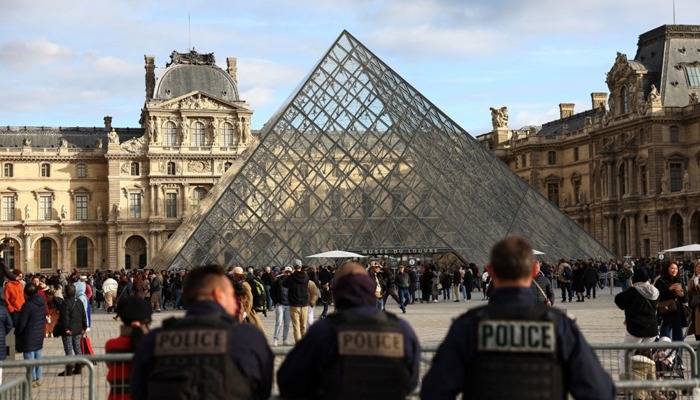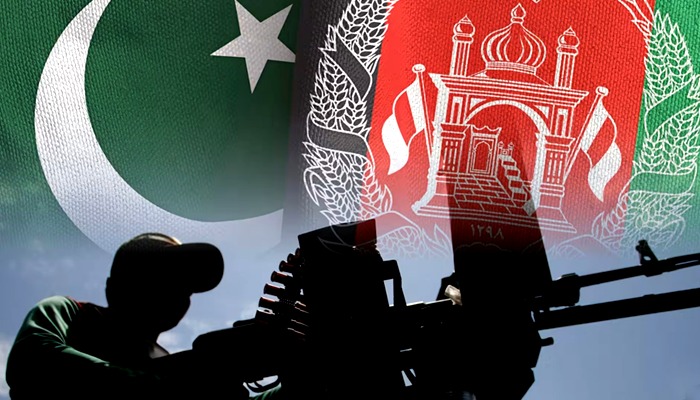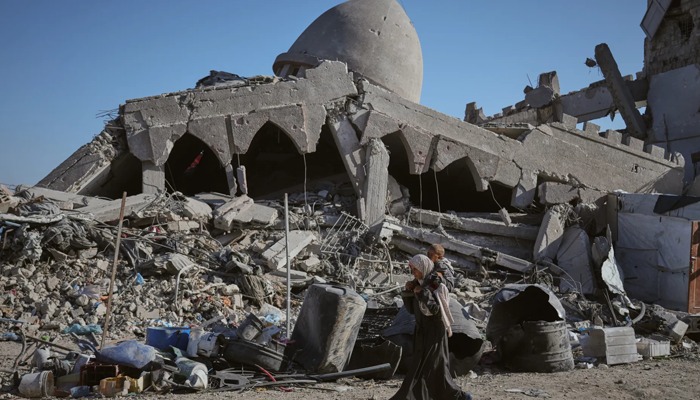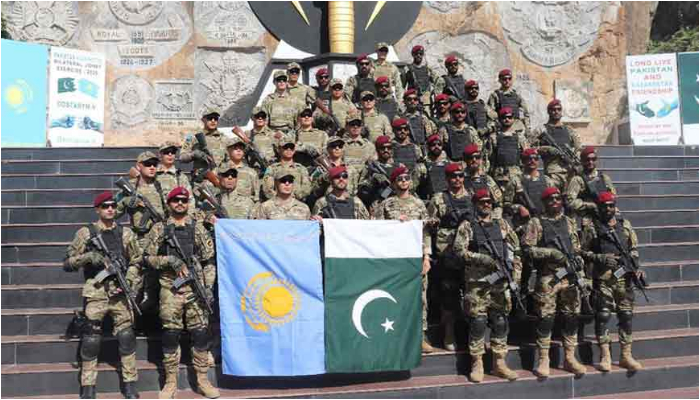- Russia and Iran believe they are closer than ever as the West tightens its grip on both countries.
- Some experts believe the two countries’ friendship has a troubled history and a problematic future.
- Russia and Iran have few options, therefore they can’t afford to alienate each other.
Iran media showing Russia and Iran’s leaders meeting stood out. Russian President Vladimir Putin is depicted clasping palms with Iran’s Supreme Leader Ayatollah Ali Khamenei as the two rulers – both presidents of oil-rich countries under harsh Western sanctions – brag about their close relationship.
Russia and Iran believe they are closer than ever as the West tightens its grip on both countries. However, some experts believe the two countries’ widely publicised friendship has a troubled history and a problematic future.
Putin arrived in Tehran on Tuesday, his first travel outside the former Soviet Union since the Ukraine war, and met with Iranian President Ebrahim Raisi as well as the country’s highest-ranking ruler, Ali Khamenei.
Putin spoke with Raisi and NATO head Recep Tayyip Erdogan, who has refused to join Russian sanctions and offered to mediate between Moscow and Kyiv.
Some analysts are suspicious of Russia and Iran’s declared relationship, claiming the meeting was primarily about optics, signalling possible cooperation rather than the little support both countries give each other.
[embedpost slug=”22-people-are-killed-by-floods-in-southern-iran/”]
The conference comes only days after US President Joe Biden’s Middle East tour, which many anticipated would deliver more oil and establish a stronger regional alliance against Iran. Instead, Biden returned virtually empty-handed.

